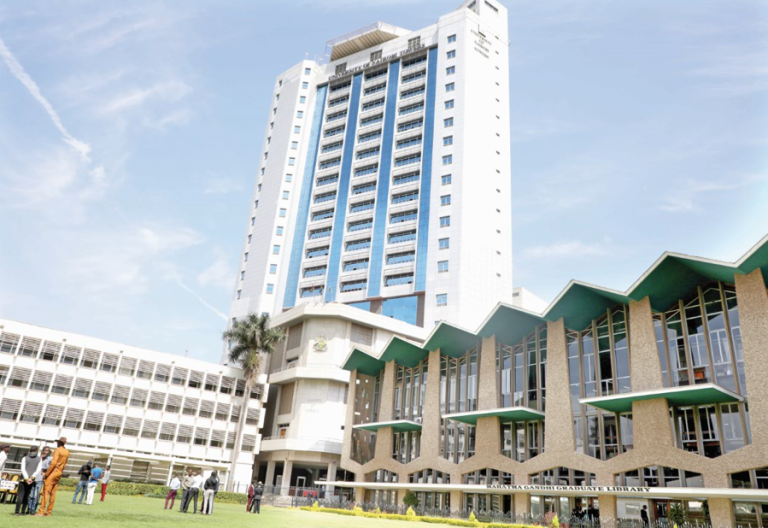Varsity decline signals State deterioration

It may be time to be concerned about the health of universities, not only in Kenya but globally. The challenges facing universities are enormous. While many believe universities primarily focus on education, their scope encompasses much more. Education is just one aspect of the broader university experience.
Students form the most numerous portion of the university population, though whether they are the most significant depends on who you ask. Universities are about research—the main activity of generating knowledge passed on to students. They are about innovation and discoveries.
Some limit innovation, discovery, and research to lab work, but lab work is just one aspect of ideation. Conversations in university corridors, senior common rooms, and debates in halls of learning continue this process. These eventually filter into society. The entire university is one big lab that flows from campus into people’s everyday experiences through community outreach, industry partnerships, consultancies, and other collaborations. Without universities, society would be poorer in ideas.
Universities are also a major source of foreign income for nations with well-developed university infrastructure. Countries like the United States, Canada, Australia, and many EU nations export their educational products globally. International students consume local products, use transport, tour attractions, rent accommodation, and spend time in host countries, creating employment opportunities. When they graduate and return home, they carry part of the host country with them – a form of soft power and cultural influence.
Kenya once had one of the region’s best-developed education infrastructures but failed to invest in it, develop appropriate policies, and sustain competitiveness. Other regional countries have since invested in education, resulting in fewer students flocking to Nairobi to study.
Today, the university sector faces management challenges and funding risks that jeopardise its status as a going concern. It fails to protect one of its most coveted outputs—the degrees it awards, particularly doctorates.
The funding challenge is global. Fewer countries’ treasuries appreciate universities’ role and continue supporting them. Student visa costs are rising, processing is becoming more laborious, and politicians increasingly want to dictate what can be researched or studied to control university thinking.
In Kenya,we have scarcely fathomed the implications. Freedom of expression, critical to ideation, threatens established orders, prompting the insecure political class to seek to suppress it. Without freedom to debate, think, and voice unexplored ideas, society becomes poorer.
This drift from higher learning ideals must be addressed urgently. Relevant bodies like the Ministry of Education and higher education regulators must consider mechanisms to restore university prestige through funding, restoring educational culture, and respecting the ideation process. They say the fish rots from the head. If we consider the university as the State’s thinking organ, then its decline points to the State’s deterioration and must be reversed.
The writer is the Dean of Daystar University’s School of Communication.














